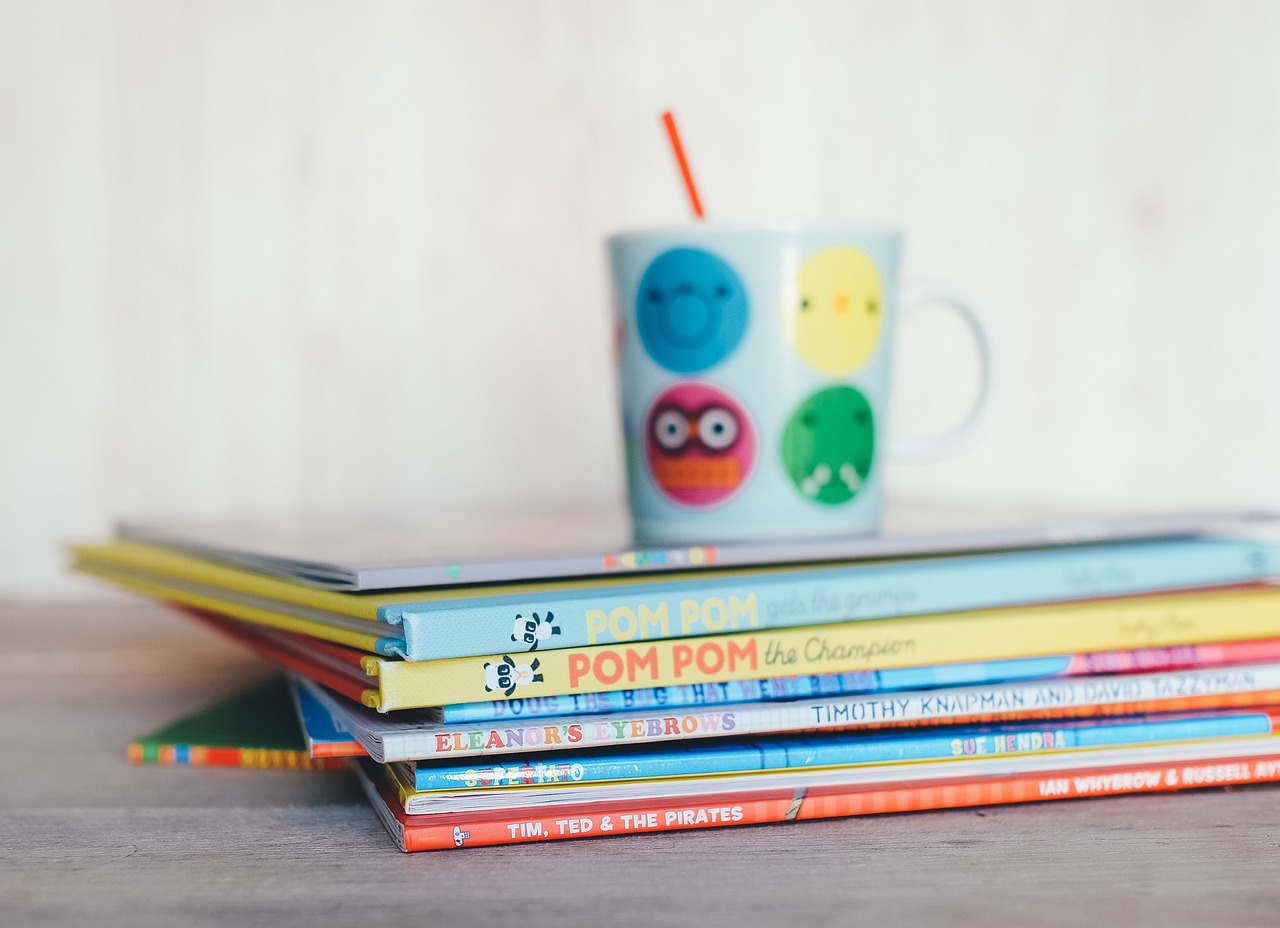
The Importance of Routine and Planning in Advance
NAVIGATING THE DAY TO DAY
To begin with as we dealt with the immediate separation aftermath, we were both just navigating the day to day. My ex husband went to stay with a friend and didn’t see the children for 3 weeks. This was not sustainable and not something either of us wanted. We wanted the children to spend time with and have a strong relationship with both of us.
In these early days, time spent with each parent was sporadic and lacked routine and structure which was obviously very unsettling for the children and something we needed to resolve asap. When we initially separated neither of us was working due to Covid and neither of the children were in full time education so this made things more flexible. My ex husband was also living a long way from the children so we fell into a rough routine based on our individual living arrangements.
After 6 months my husband was living in a new property close by and we had cemented a routine and structure for the children which we have maintained ever since, with the odd tweak. It’s a routine they are familiar with and have learnt, even the younger one who is now 4.
ESTABLISHING THAT ROUTINE
Trying to maintain a healthy relationship with your ex partner is also important for the sake of the children, though I appreciate this isn’t always possible. I have seen how damaging it is when parents can’t get along for the sake of their children, when one is determined to destroy the other and take the child/ren away. When one parent weaponises the child/ren solely as a means to attack the other.
If you can’t agree a childcare arrangement amongst yourselves then the next step is mediation followed by court. This is extremely costly and could be avoided if parents could put their differences aside. Again, I know this isn’t always possible and court is more often than not, the only way.
However you reach an agreement, it’s important the agreement is reached as soon as possible. Again I know if you are going through the courts this can take months to resolve but only when you have that agreement or court order in place can a settled routine be established for the children which they can learn and adapt to. This is the case for children of all ages.
The very nature of divorce and separation means that children will naturally now need to split their time between parents/carers. The extent to which this split takes place is what will need to be decided by the courts/yourselves. But that routine is vital to you and to the children. Whether you have alternating weeks or every other weekend that routine is as much for you as for them.
You now only have a window into a % of their lives. Whether that’s 50%, 20% or 80%, you are now no longer physically present 100% of the time. If you always have them on a Wednesday and Thursday for example then plan events for those days which are special to you. If you alternate days then try and get buy in with the other parent so the child can go every week. This gives you time to plan in advance and to make sure every second you spend with them counts. This is also where having a working relationship with the other parent is helpful because you aren’t as blind to the life they are living with the other parent.
THE DAY TO DAY ROUTINE
When I use the word routine, I don’t just use it in terms of childcare arrangements but also day to day routine. If one parent is putting the kids to bed at 19:30 and one at 21:30, one lets the children watch different amounts and different kinds of TV, one has a different discipline approach, or attitudes to food then this can be confusing. It helps if the parents can be broadly on the same page and communicate about all of this even if you no longer live together and see the children together. This creates a solidarity for your children which they see and appreciate.
However if parents can’t/won’t communicate, either because one parent is so blinded by hatred they embark on a vendetta, or they hate each other equally or can’t talk without fighting or there is a court order in place preventing it then again, it is the child who suffers. The child may start to feel as though they are living two completely separate lives and even worse, may start to keep secrets. If they pick up on the relationship between the parents or lack of then this may impact what they talk about and how they behave when in each of the parent’s care. It is important to stress to them the importance of the fact that this is their life. Not their life with mummy and their life with daddy; they have one life and they should be free to talk openly about that life with whoever they are with.
This is not gospel by any means and is based on my own experiences. My ex husband and I did not go through court and maintain a good relationship for the sake of the kids. We share stories and awards and party invites and clothes and advice when relevant. But it took us 3 years to reach that point and there are still several topics which are a threat to that truce. Topics we studiously avoid. Despite the above, I do believe I have damaged my children and they are paying daily for my mistakes. But all I can do is provide them with love and support, routine and structure. They have very active loving grandparents on both sides and they are always able to speak to my ex husband if they are in my care and vice versa.
The children are not there as vessels to inflict pain on your ex partner or to simply be the forever damaged fallout from a broken marriage. They are their own people with their own thoughts and feelings.
As parents, all we can do is minimise the negativity of the rupture and chaos we caused and fill the void we created with structure, positivity, love and laughter.


